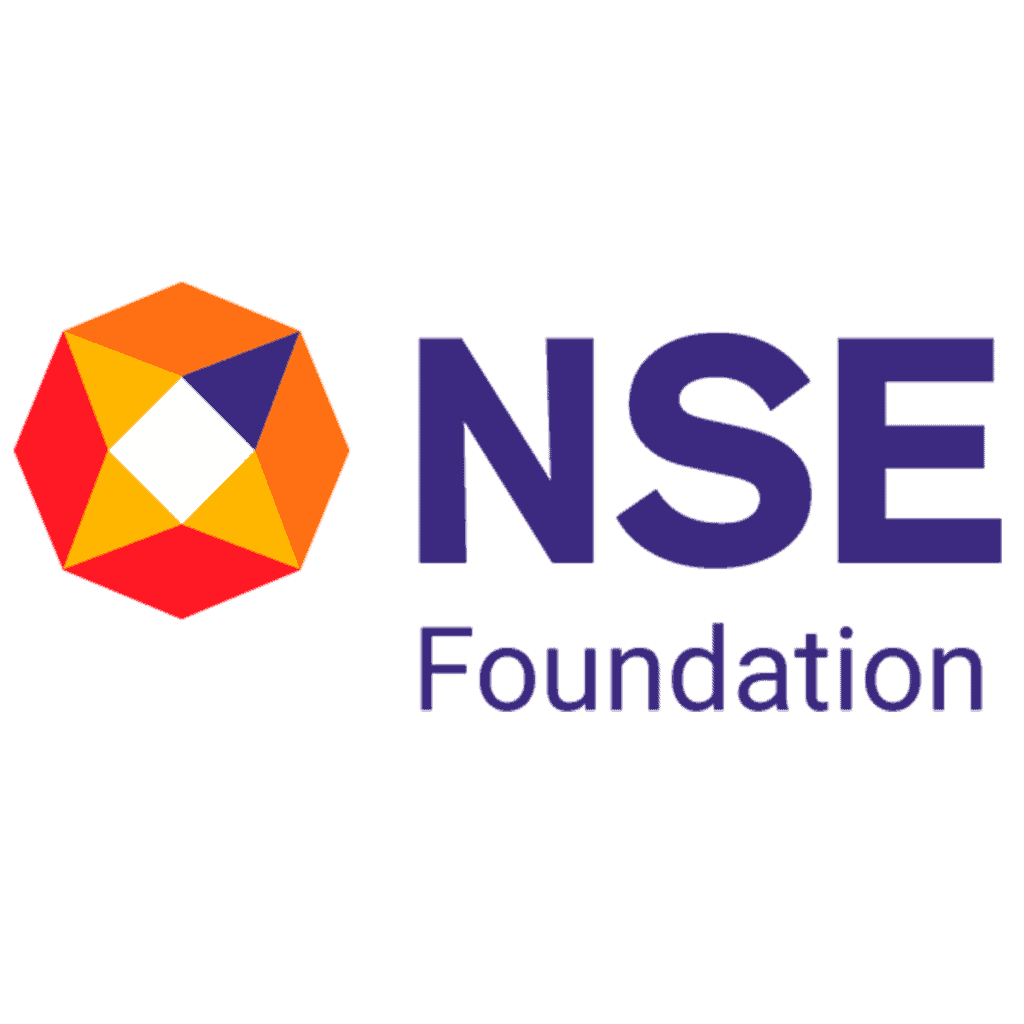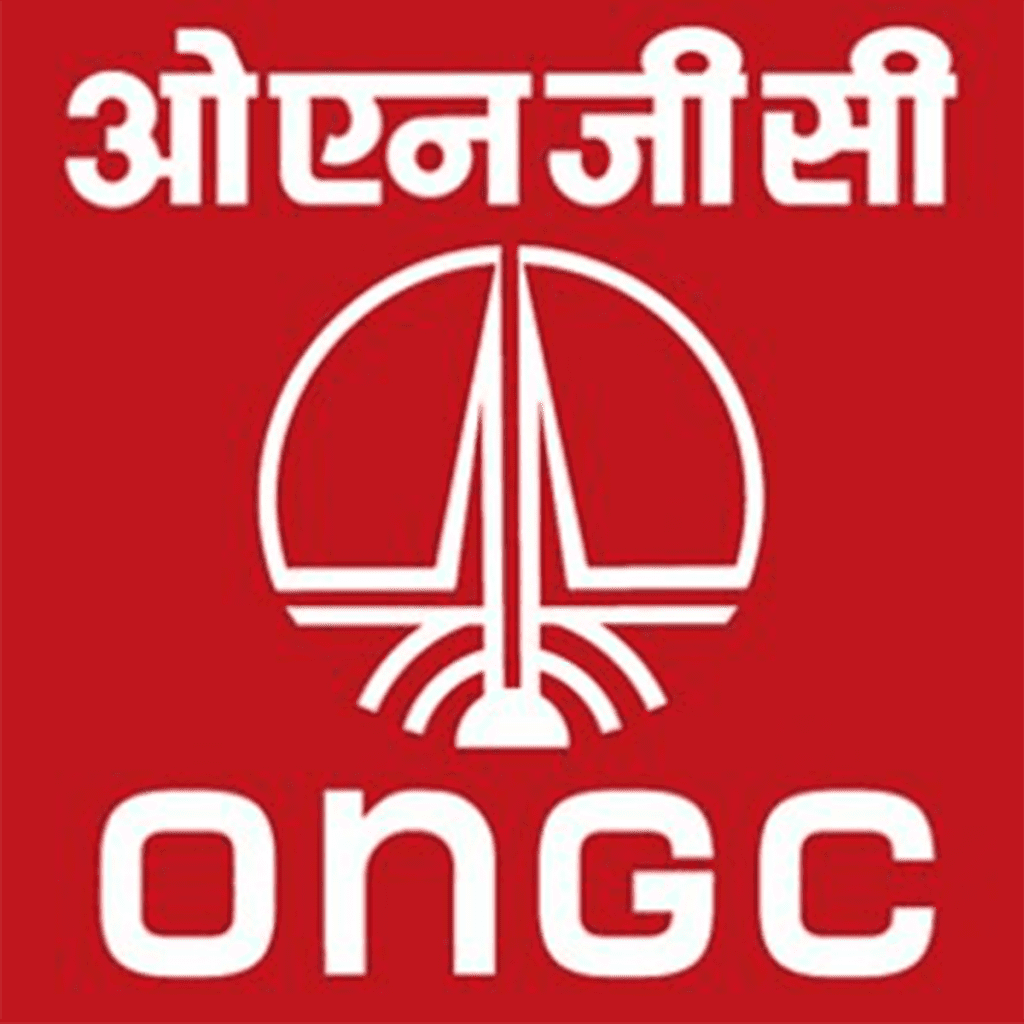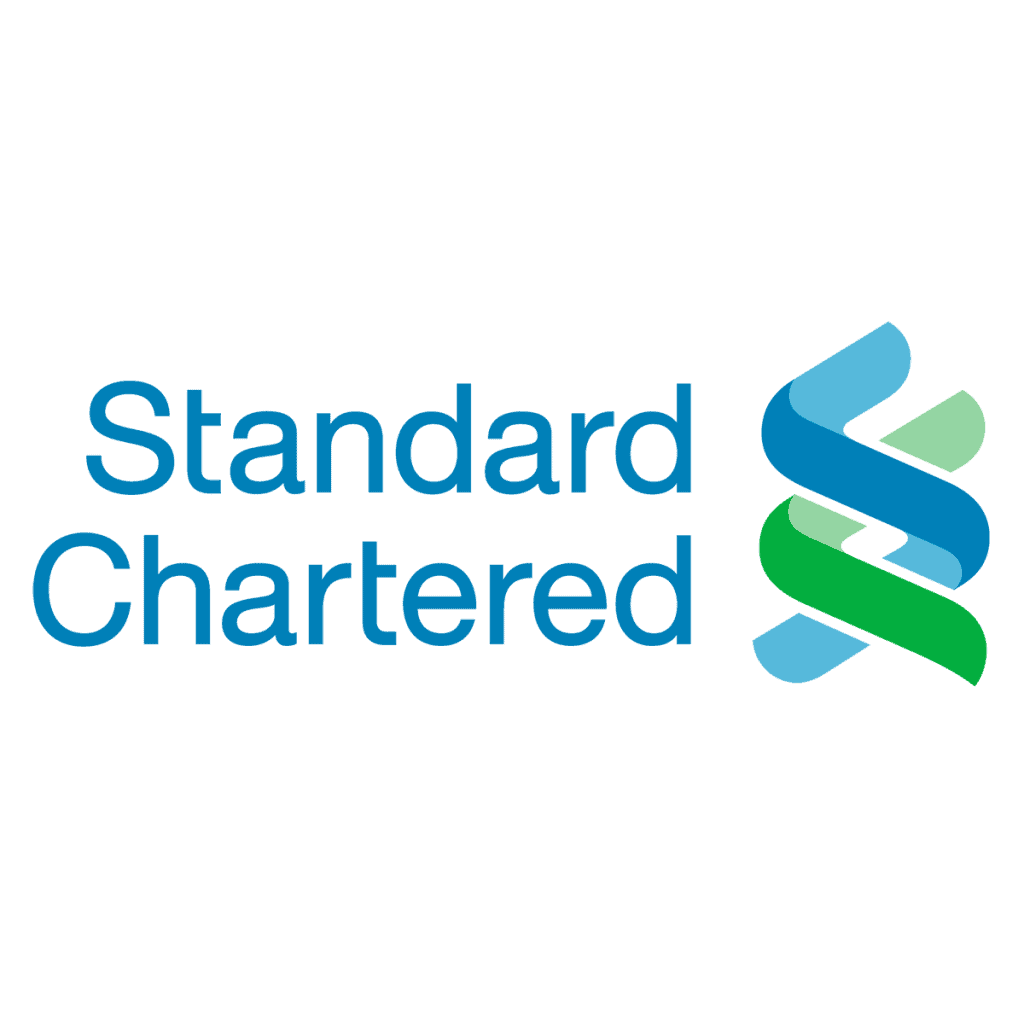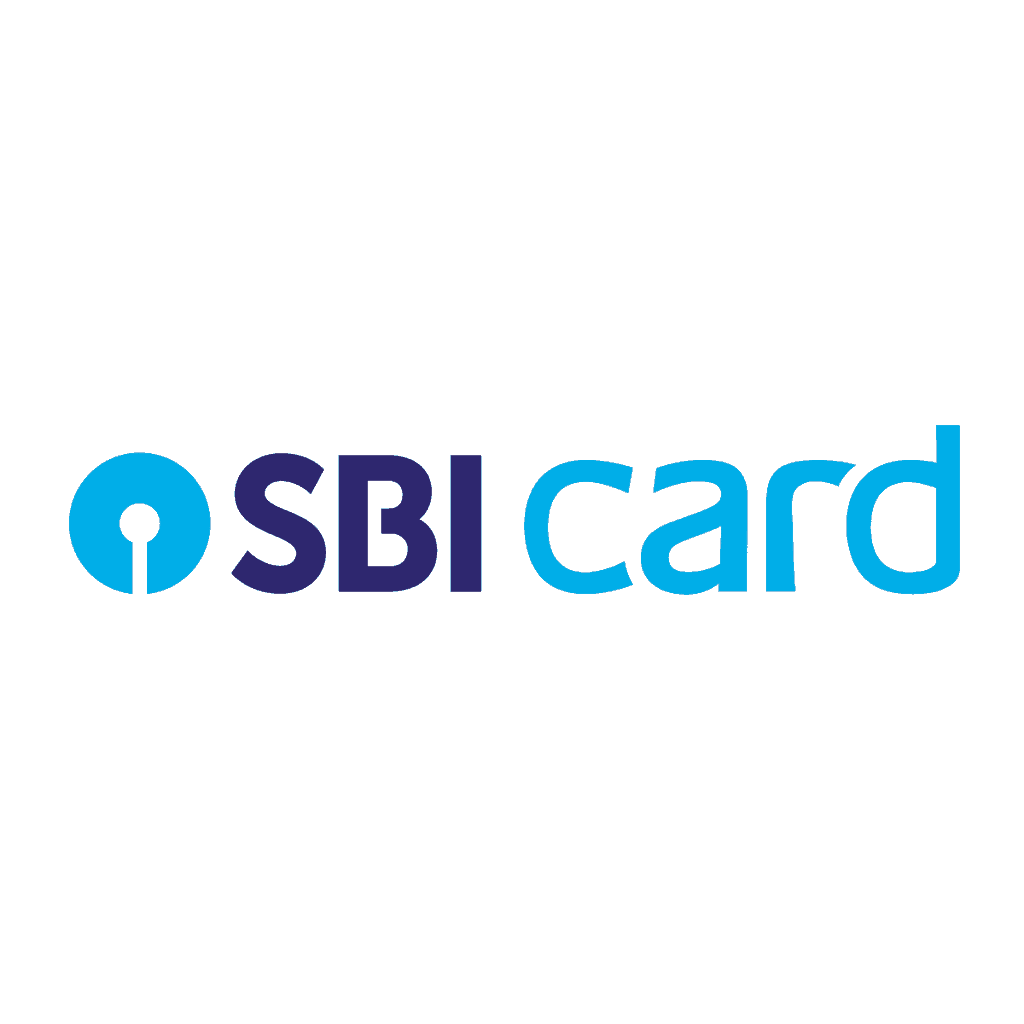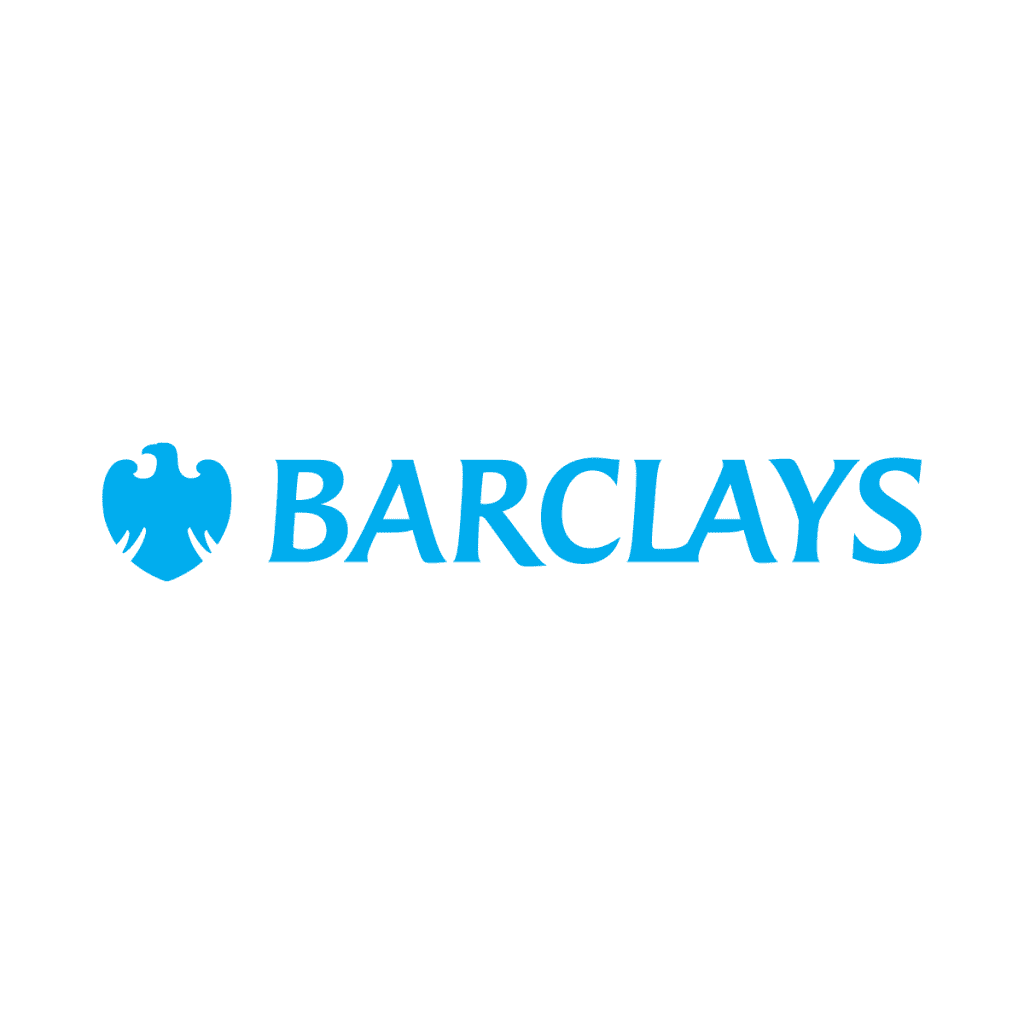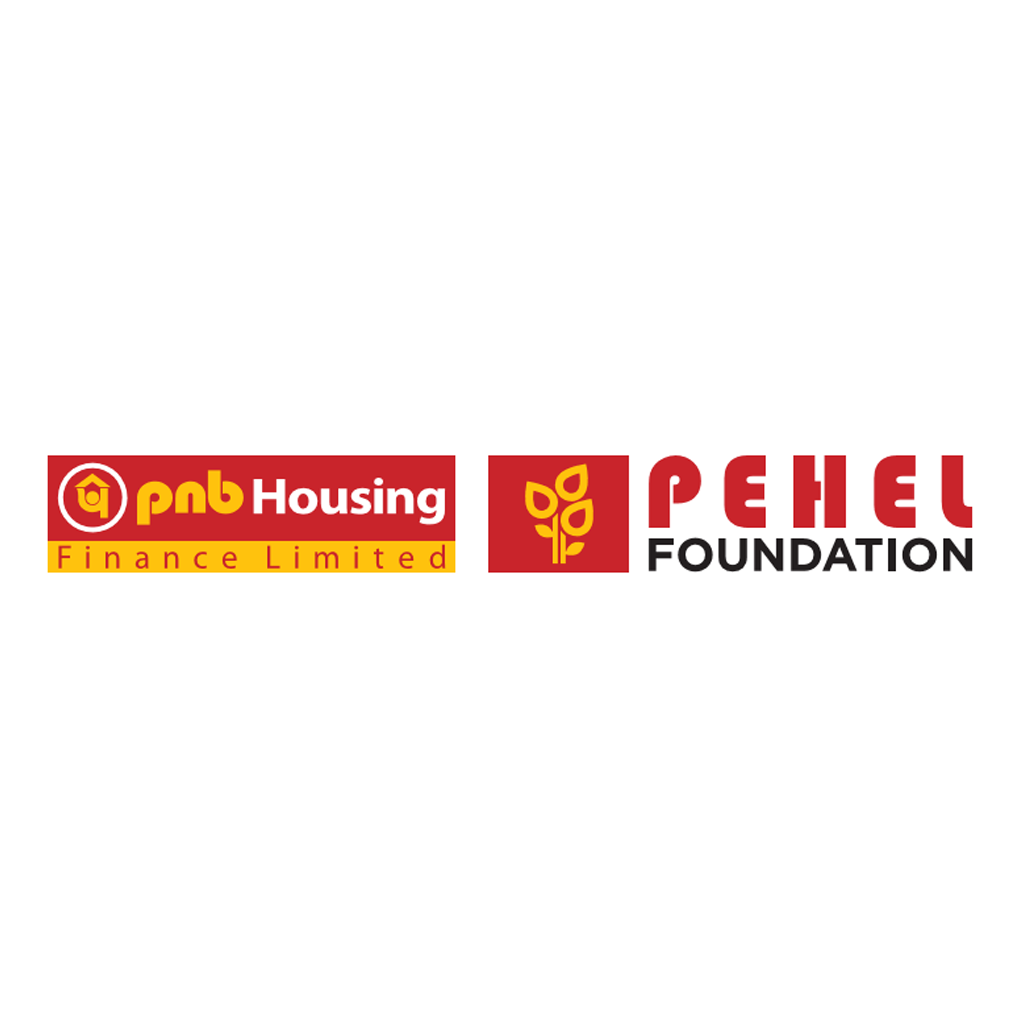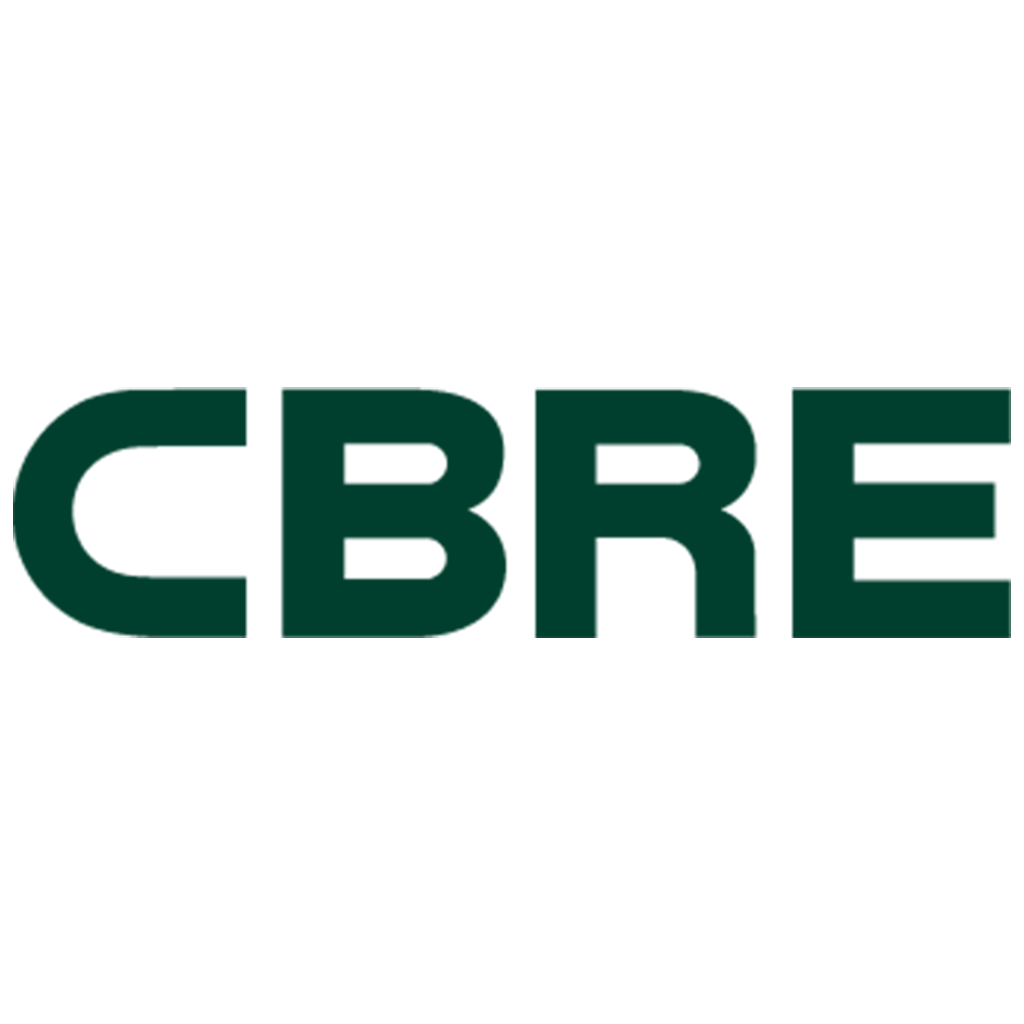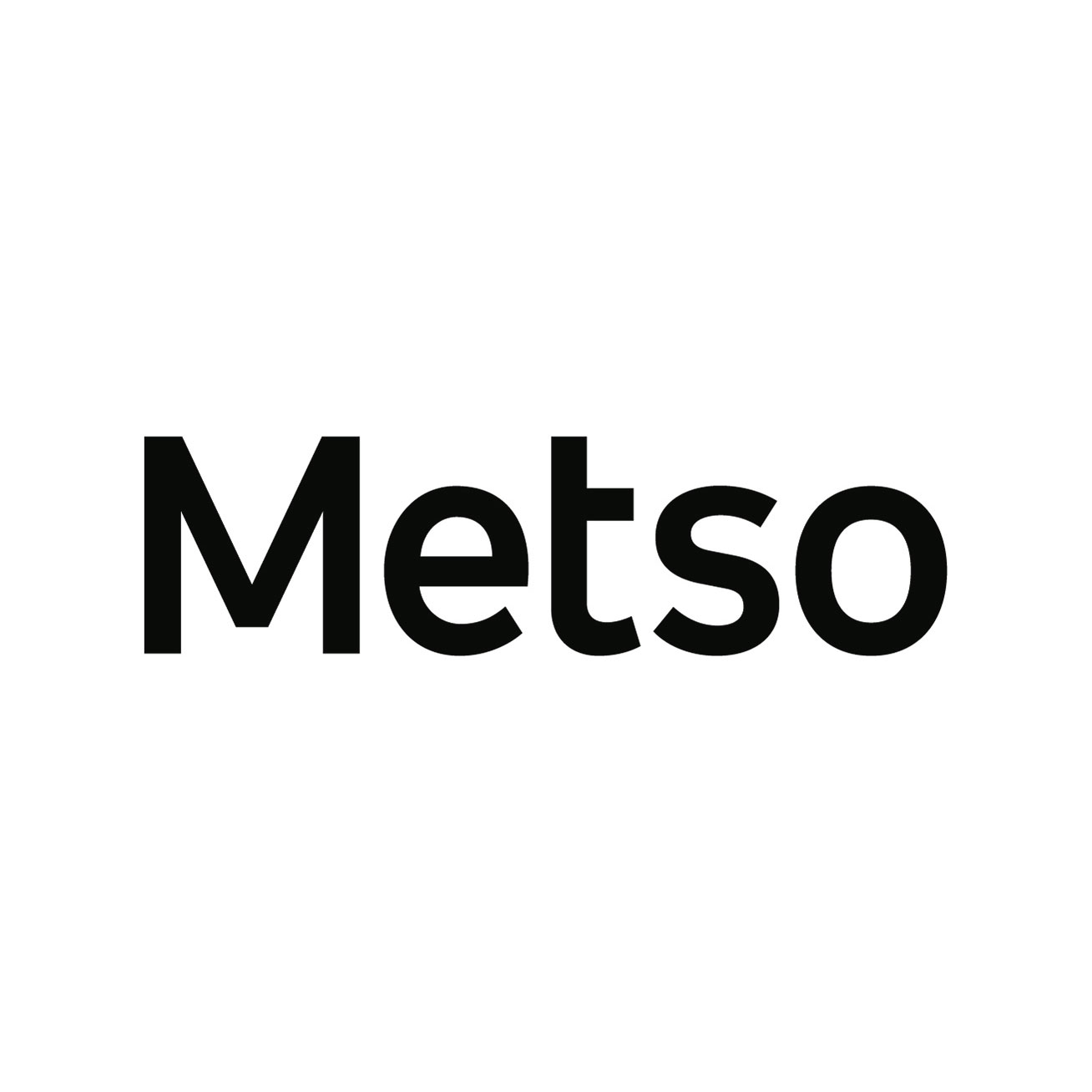We are thankful to a host of corporates who are supporting millions of families affected by COVID-19 and for lending support to those already vulnerable and utterly defenceless against the pandemic and the future it forebodes.
Plan India through its programmes, is committed to reach out to 5,500 villages and slums that will address the needs of over 3 million families, and we are working with our field-level workers to spread awareness, deliver on their basic needs through dry ration kits and ensure that they and the front line health workers are safe by distributing hygiene kits and protective gear.
We need your support now more than ever!
76% of communities in villages and slums that Plan India works in, have been rendered vulnerable even further, owing to them being in the red-zone
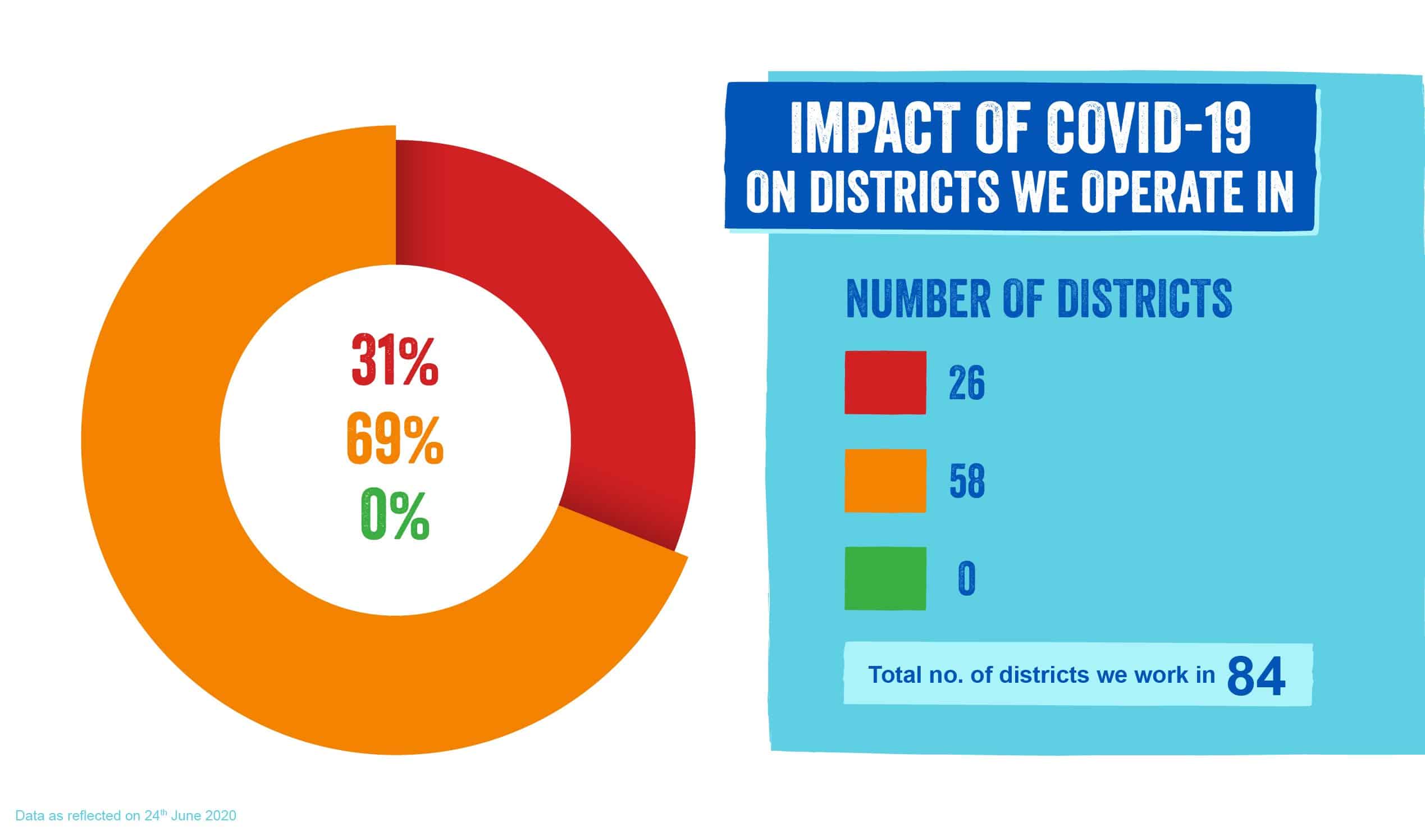
We need to go further, together.
Plan India is working closely with the government agencies at the local and district level and with healthcare experts to deliver on the need emerging on the ground real time. We have to reach out with essentials like dry ration and health and safety kits urgently. As per current estimates we are committed to reach out to 101960 families in dire need across 8 states.
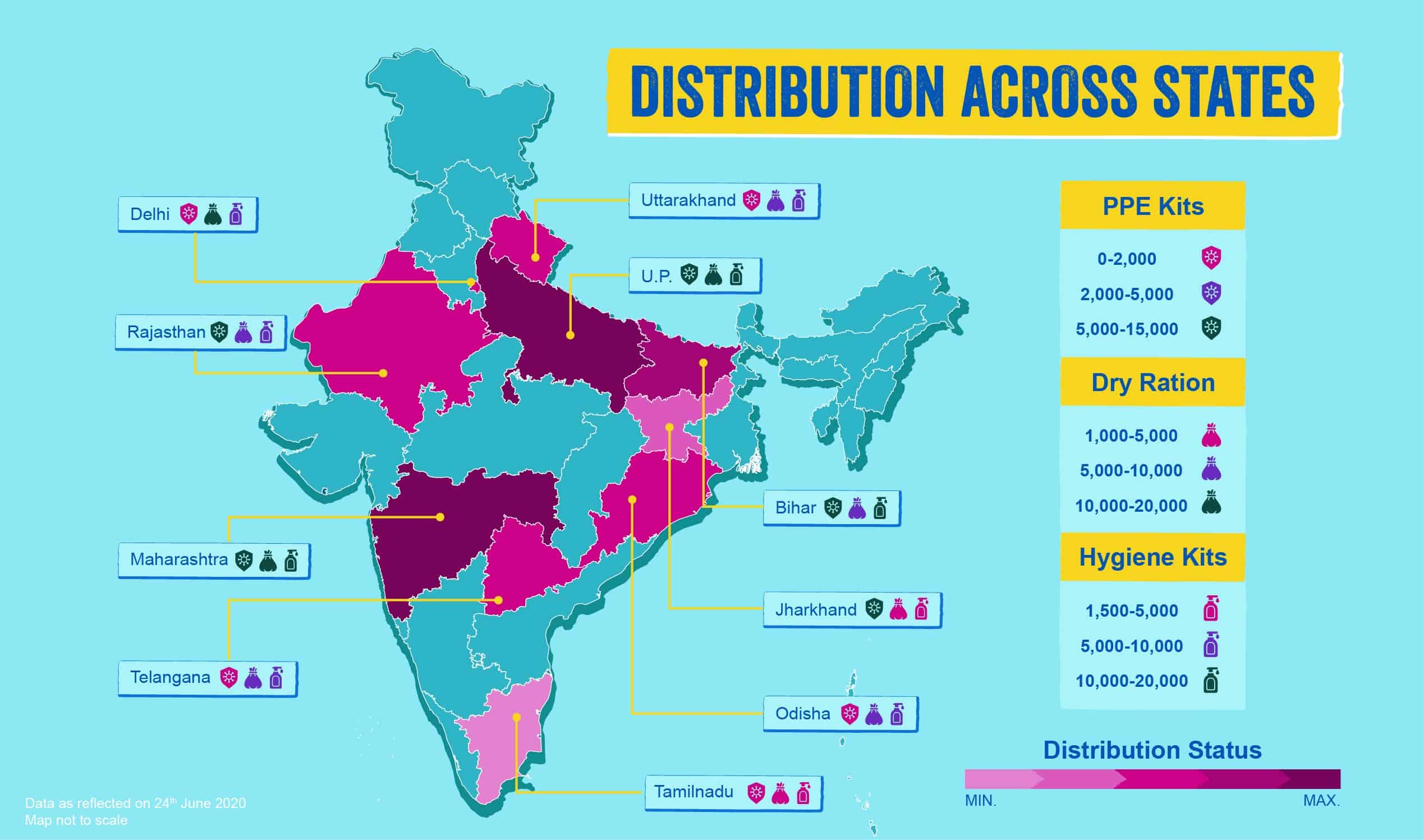
Corporates support against COVID-19
- Eicher Motors Limited (logo): Supported 1500 families in Pune and Bhubaneshwar with food and hygiene kits
- Reckitt Benckiser (logo): Supported personal protection kits in Nandurbar and Amravati, Maharashtra
- Metso India (logo): Supported 1184 vulnerable families in Alwar, Rajasthan
-
Barclays Bank PLC: Supported 31,233 families (covering 1,56,165 individuals) with dry ration and health & safety kits across Mumbai, Pune, Delhi, Noida, Chennai, Amaravati, Nandurbar, Siddhartha Nagar, Lucknow and Haridwar
We thank all our partners whose support has been invaluable during this time
Plan India’s response to protect girls and young women from the aftereffect of COVID-
The age and gender implications of a global pandemic are stark. Girls and the most vulnerable children and youth miss out on vital services when schools are closed, from mid-day meals to social protection. Girls, especially those from marginalised communities will be particularly affected by the secondary impacts of the outbreak. Plan India will continue to focus on:
Gender-based violence and COVID-19
Economic stress on families due to the outbreak can put children, and in particular girls, at greater risk of exploitation, child labour and gender-based violence. Quarantine measures should be accompanied by support for affected households.
Health services
Evidence from past epidemics indicates resources are often diverted from routine health services. This further reduces the already limited access of many girls and young women to sexual and reproductive health services, as well as maternal, new-born and child health services. Health authorities should ensure access to these services during the response to the outbreak, including for adolescent girls.
Economic well-being
Economic challenges during the outbreak pose a serious threat to young women’s work and business activity and expose them to increased risk of exploitation or abuse. Girls and young women facing severe economic shocks are more likely to take on high-risk work for their economic survival. Responses to the outbreak must protect and support young women’s economic empowerment.






